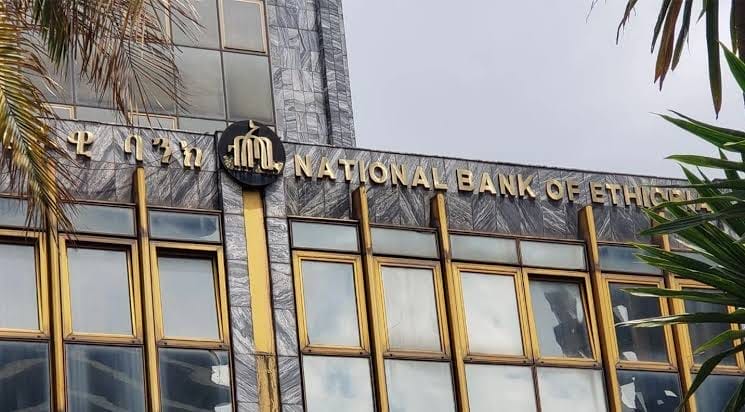In a landmark policy shift, Ethiopia has officially announced it will allow foreign banks to operate within its borders, marking the first time in over five decades that international lenders will be permitted to enter the country’s tightly regulated financial system.
ALSO READ: Ethiopia Forecasts Faster Economic Growth for Next Fiscal Year
The decision, confirmed by the National Bank of Ethiopia, represents a major step in the government’s broader economic liberalisation agenda and is expected to attract substantial foreign direct investment, modernise the banking sector, and support economic recovery.
For over 50 years, Ethiopia’s financial industry has been exclusively reserved for domestic players. The new policy will enable qualified foreign banks to establish subsidiaries, open branches, or form joint ventures with local institutions. Regulatory guidelines will require applicants to meet capital adequacy, governance, and risk management standards set by Ethiopian authorities.
ALSO READ: Ethiopia’s Big Bang: The Ethiopian Securities Exchange Ushers in a New Era of Investment
Government officials describe the reform as crucial for improving access to capital, technology transfer, financial inclusion, and integration with the global financial system. It is also intended to boost investor confidence at a time when the country seeks to revitalise growth following recent internal conflicts and external economic pressures.
Analysts expect leading banks from Asia, the Middle East, and Africa to explore entry opportunities, particularly those with experience in frontier markets. Already, several regional banks have expressed interest in expanding into Ethiopia, attracted by its large population, growing middle class, and underbanked segments.
This shift follows a string of liberalisation measures in the telecom, logistics, and energy sectors, as Ethiopia positions itself as one of Africa’s most dynamic emerging markets.

